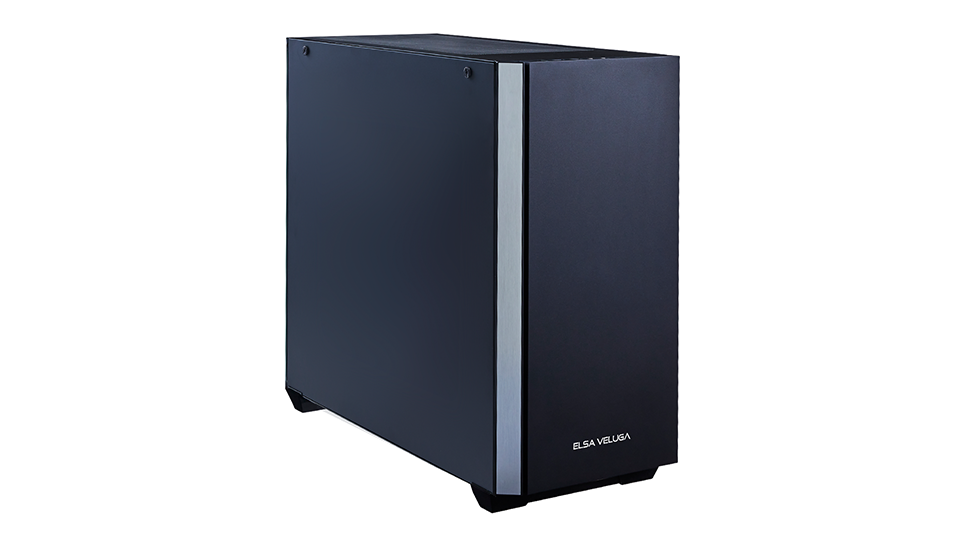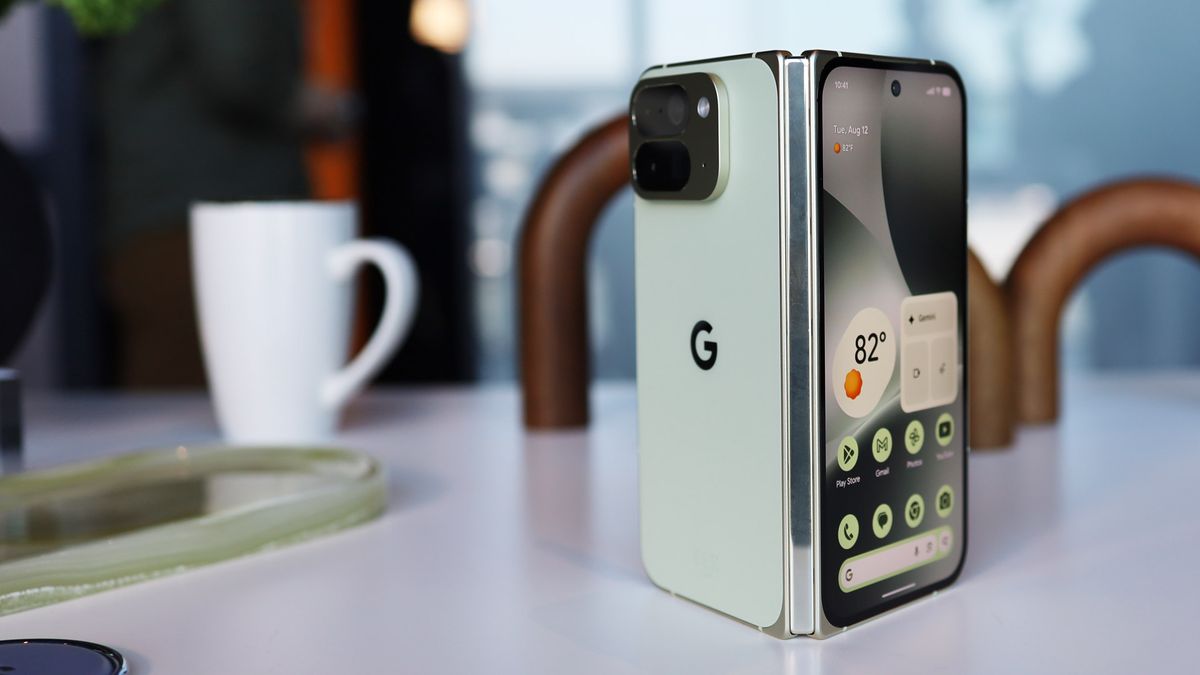Here's an AI-government collaboration of a less… unsettling variety than some. Google DeepMind is teaming up with the National Hurricane Center (NHC) for tropical cyclone season. The AI research lab claims it can predict hurricane paths and intensities with at least the same accuracy as traditional methods.
NHC forecasters have already begun using DeepMind's AI model. Google says they're designed to support, not replace, human NHC forecasters. (Although President Trump's National Weather Service cuts have already reduced its headcount.) The company is also careful to repeatedly describe its models as "experimental."
Google claims that its models offer fewer trade-offs than physics-based predictions. The more accurate those methods are at forecasting a hurricane's path, the worse they are at predicting its intensity. (And vice versa.) The company says its experimental system offers "state-of-the-art" accuracy for both.
DeepMind backs that up with data from real-life storms over the last two years. On average, its five-day hurricane track prediction gets 87 miles closer to the storm's actual path than ENS, a widely used traditional model. Google's was comparable to a 3.5-day prediction model. In other words, it's like gaining an extra 1.5 days of warning with the same level of confidence. The company says such an improvement typically takes over a decade to achieve.
Alongside the NHC collab, Google is launching a new website that you can try. Now in a public preview, Weather Lab lets you see the AI storm predictions. It lets you view both live and historical predictions. You can even compare them to physics-based models to see how the AI version measures up.
It's important not to treat Weather Lab's experimental forecasts as official. But the website could come in handy if you live in Hurricane Alley. You can check it out now.

 2 months ago
6
2 months ago
6








 English (US) ·
English (US) ·